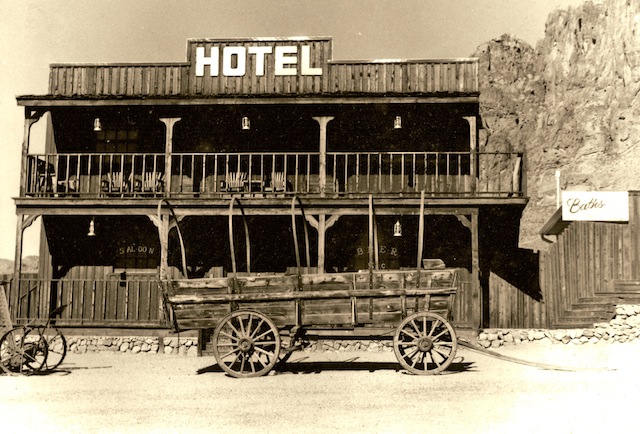Possibly the holy grail of business is to find a product that your customers will pay almost anything for.
In flight Wi-Fi service provider GoGo may be close to achieving that with a product that business customers depend upon. The New York Times describes how the company has found it can use dynamic pricing to customise its prices for each flight.
One of the limitations GoGo faces is the connections between the aircraft and the ground stations is narrow so a plane full of bandwidth hungry travellers will quickly bring everyone’s service to a crawl.
To overcome this – and to make more money – the service has developed algorithms to anticipate the demand on each flight and then customise the charges to suit.
In many respects what we’re seeing with GoGo is similar to services like Uber where fast, intelligent systems can analyse traffic patterns and use the predicted demand to set prices. It’s the ultimate demand driven economy.
Over time, this model is going to flow out across many industries – the airline industry leads the way in pricing around demand management – and consumers need to get used to the idea of a fixed price tag being a quaint memory.




